
Bethany Brookshire was a longtime staff writer at Science News Explores and is the author of the book Pests: How Humans Create Animal Villains. She has a B.S. in biology and a B.A. in philosophy from The College of William and Mary, and a Ph.D. in physiology and pharmacology from Wake Forest University School of Medicine. She was a 2019-2020 Knight Science Journalism Fellow at MIT, the winner of the Society for Neuroscience Next Generation Award and the Three Quarks Daily Science Writing Award, among others.

All Stories by Bethany Brookshire
-
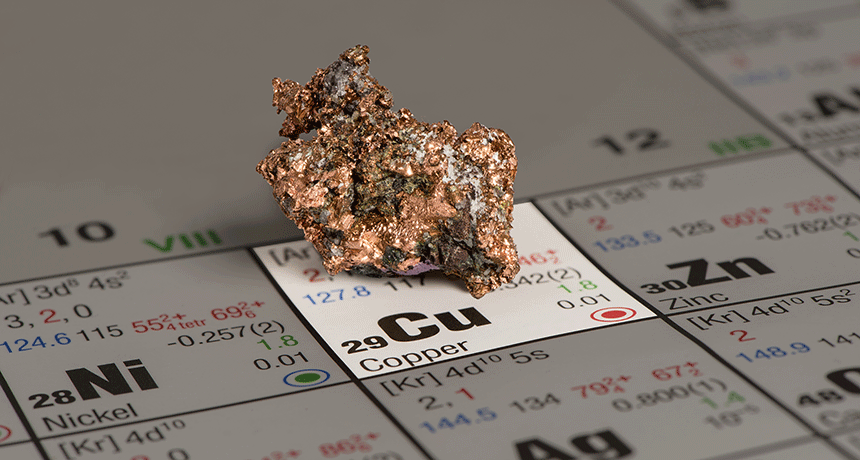 Chemistry
ChemistryScientists Say: Atomic number
How do you know where an element sits in the periodic table? Count its protons to get its atomic number.
-
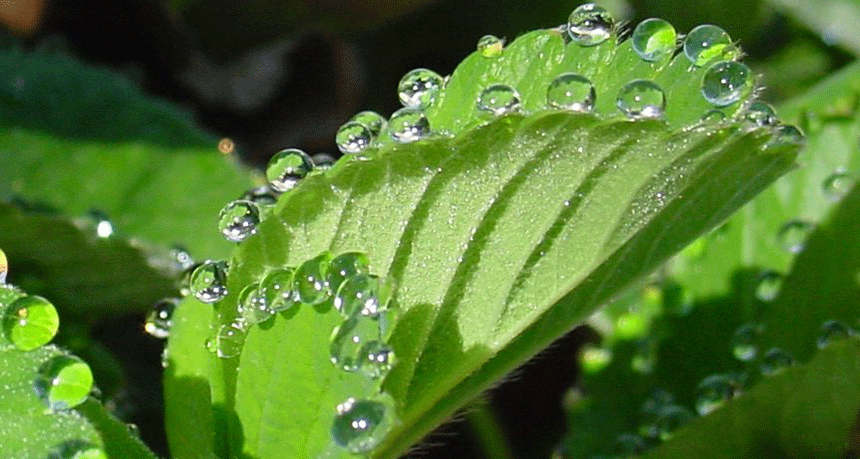 Plants
PlantsScientists Say: Guttation
When water vapor can’t escape a plant, it might force its way out through a process called guttation.
-
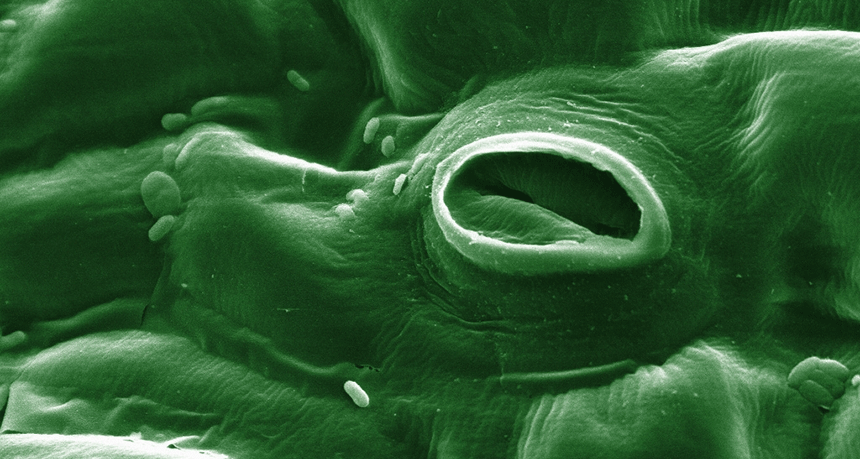 Plants
PlantsScientists Say: Stomata
Plants have pores they open and close to let oxygen, carbon dioxide and water vapor in and out. These pores are called stomata.
-
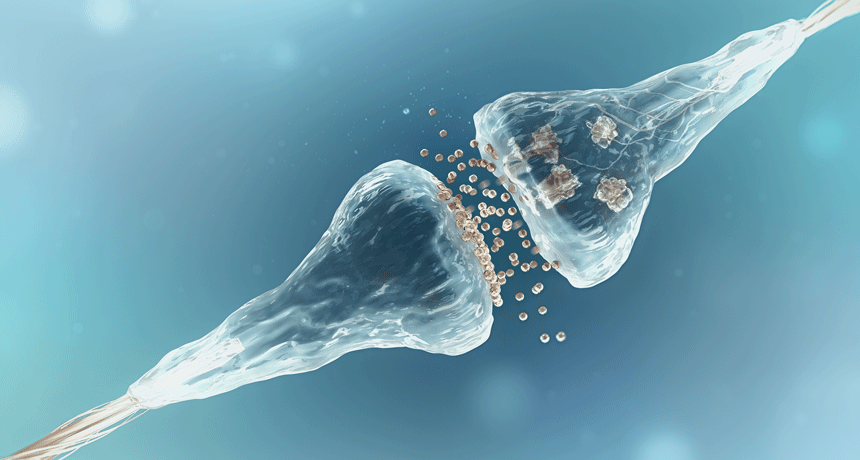 Brain
BrainScientists Say: Synapse
When brain cells need to pass messages, they do it without touching, across a space called a synapse.
-
 Psychology
PsychologyPeople tend to tune out details of ‘female’ jobs
Stories about people performing ‘women’s’ jobs are less memorable, a teen’s research finds.
-
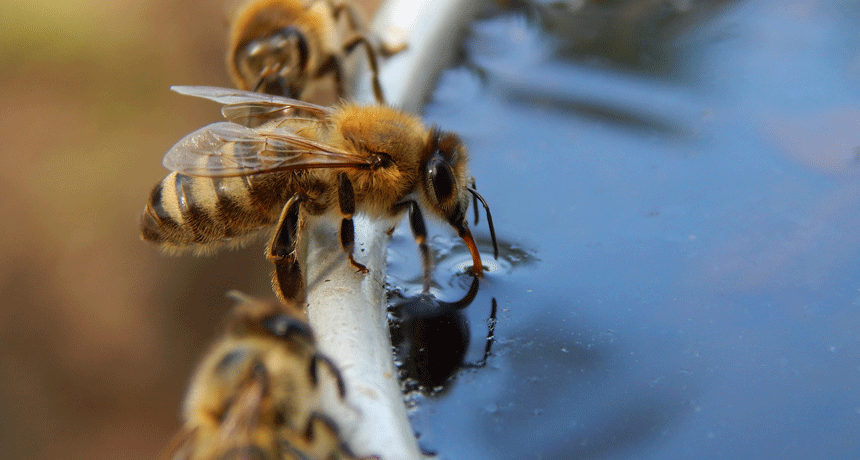 Environment
EnvironmentCleaning up water that bees like to drink
Plant roots suck up pesticides used on soils, then release them into water that can seep from their leaves. This is a sweetened water that bees love to sip. A teen figured out how to remove most of the pesticide with bits of charcoal.
-
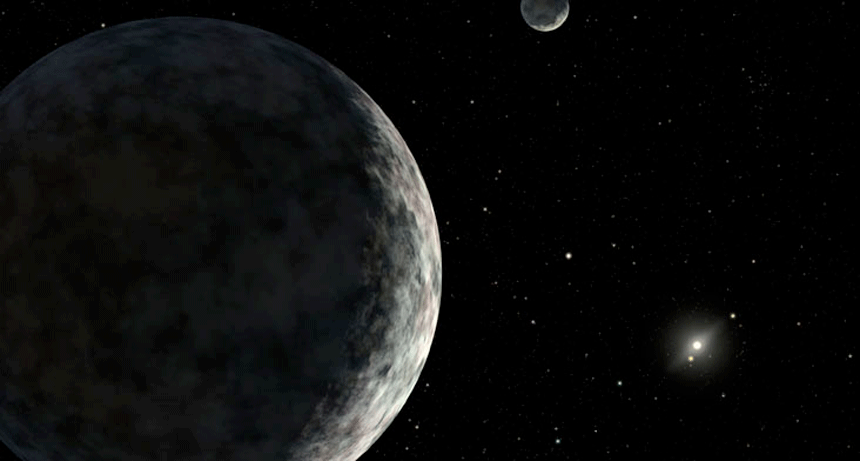 Planets
PlanetsScientists Say: Dwarf planet
Dwarf planets are distinct from the full-size models. A little too small, they also have a lot of space stuff filling their path around the sun.
-

Highlights from the 2017 Regeneron Science Talent Search
The Regeneron Science Talent Search celebrates 40 of the brightest young scientific minds at a gala celebration.
-
 Brain
BrainHigh-school brain researcher takes home $250,000 prize
Three teens won big in this year’s Regeneron Science Talent Search. They studied brain injury, mathematical models and networks of connections within big data sets.
-

Why do science? Teens explain why they put in the effort
Doing scientific research can be hard work. Here, the finalists of the Regeneron Science Talent Search explain why it’s all worth it.
-
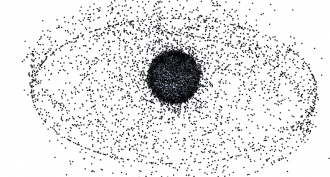 Space
SpaceStudent programs computer to predict path of space trash
People are already using space as a garbage dump, which could prove dangerous to future space travelers. A teen set out to track space junk using only her home computer.
-
 Agriculture
AgricultureTeen converts water pollutant into a plant fertilizer
Too much phosphate can fuel algal growth, which can rob oxygen from the water. This can suffocate fish and other wildlife. Stefan Wan found a way to collect that pollutant, which can later be used as a farm nutrient.